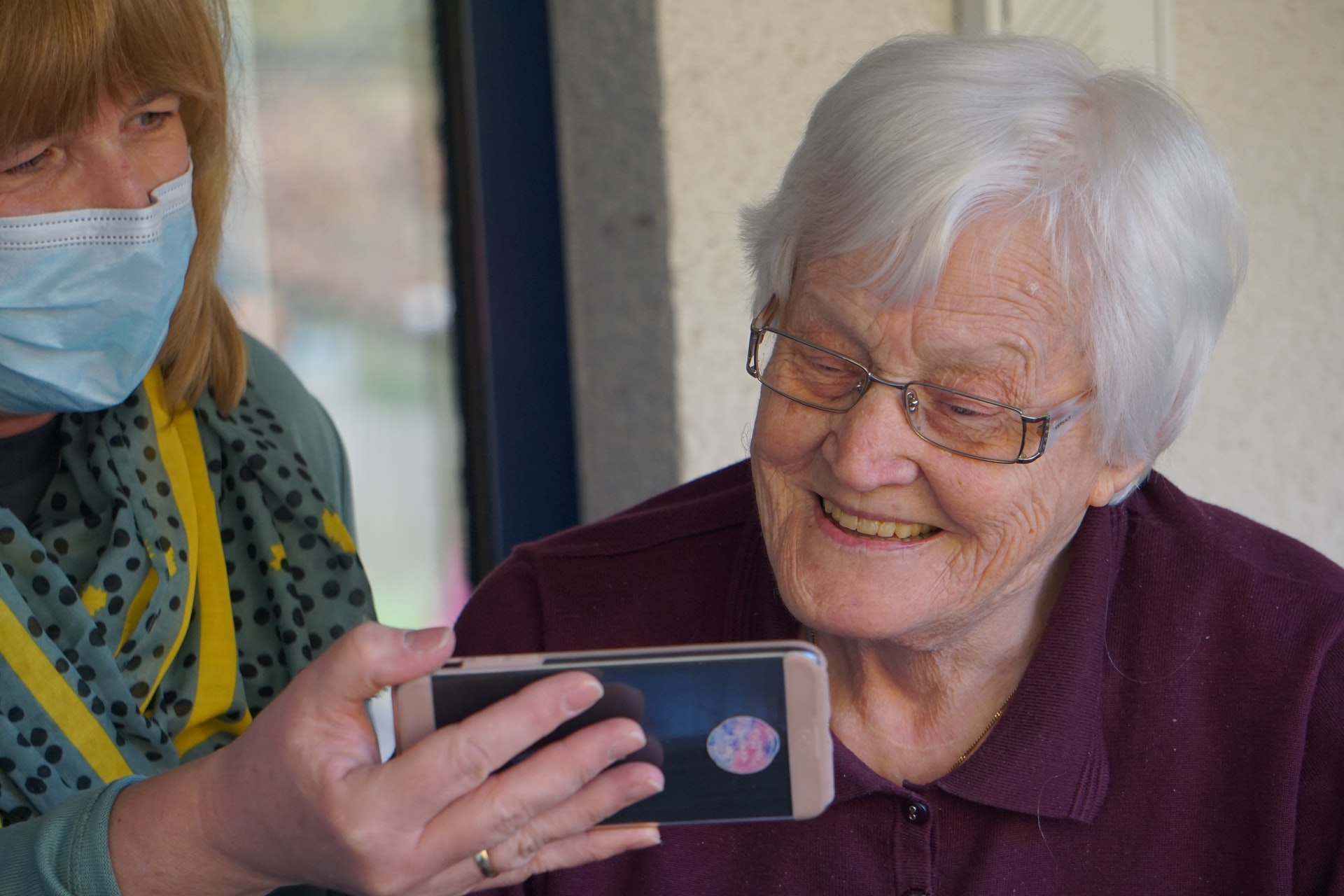
It's common for older adults in their seventies and eighties, and even in their sixties, to feel confused and forgetful. But that's not a normal part of aging. Often, it can be a sign of epilepsy.
Epilepsy affects some 300,000 elderly people in the United States. Older adults are the fastest growing population group with epilepsy. By 75 years of age, three percent of the population will likely be diagnosed with epilepsy; 10 percent will have had a seizure of some type. In contrast, only 1 percent will have developed epilepsy by age 20.
This increase in prevalence of epilepsy among older adults may be due to other health problems associated with aging . Elderly people are at an increased risk of stroke and heart attack, both of which can damage the brain and cause epilepsy. Stroke is the most common cause of seizures in older adults, causing about 33 percent of all cases of senior epilepsy. Elderly people are likely to fall and have a head injury that could cause seizures.
Seniors are also at risk for dementia, including Alzheimer's disease, which is the second most common cause of epilepsy in older adults. These degenerative diseases damage the brain and, very often, result in seizures. Other diseases common in seniors that increase the risk of epilepsy include:
Diabetes
Alcoholism
Liver disease
Kidney disease
High blood pressure
Tumors in the brain
Heart disease
Warning Signs of Epilepsy in Older Adults
Seizure symptoms in older adults aren't different from seizure symptoms in any other age group. It may seem strange for a 20-year-old to blank out for a few minutes an elderly person might dismiss it as a normal part of aging. Some of these seizure symptoms may be confused with signs of mental illness or dementia.
Signs of seizure in older adults include:
hearing voices or seeing people who aren’t there
wandering
undressing
screaming
paranoid
repetitive actions e.g. chewing, mumbling
wildly moving arms and legs
staring into space
unaware or out of it for a period of time
temporary problems with language
dizzy
mumbling
Seizure Prevention Challenges in Older Adults
Prescribing medications to treat epilepsy in the elderly is more complex that with younger people. Older adults often have a number of other health conditions and are taking other medications, which can increase the risk of drug interactions.
Seizure medications need to be taken consistently to prevent seizures. For some elderly people it may be a challenge to take their medication regularly.